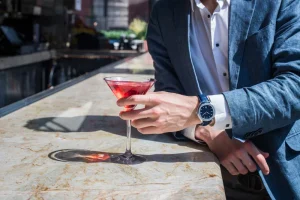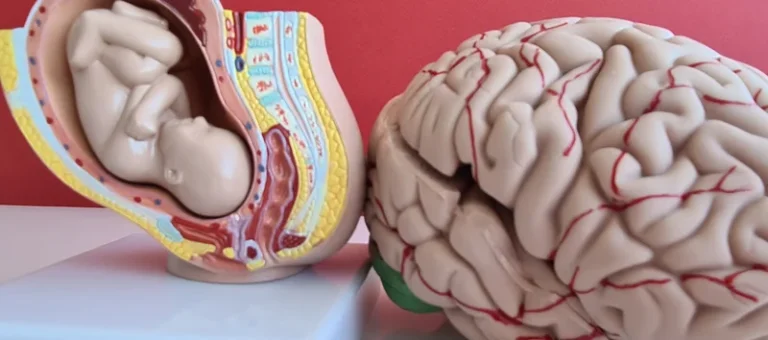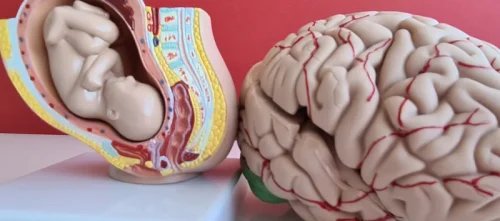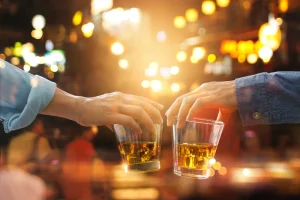
We use a pharmacist-formulated blend of Glutathione, Dihydromyricetin, Cysteine, L-Theanine, & B Vitamins to stop alcohol flushing before it can begin. If you’ve ever wondered – why does my face get red when I drink – this could be why. Alcohol intolerance occurs when your body doesn’t have the proper enzymes to break down (metabolize) the toxins in alcohol.
Whether you rarely sneeze or you’re frequently reaching for tissues, it’s important that you practice proper sneeze hygiene. The water and mucus you expel with each sneeze can carry microbes and bacteria that spread illnesses. Sneezing can be bothersome, especially if you find yourself running through a box of tissues every allergy season.

When you experience stress, your body releases hormones and chemicals, including histamine. Elevated histamine levels can result in sneezing and other allergy symptoms like hives and itchy eyes. Those “beer sneezes” do not mean you are officially drunk any more than the lack of sneezes mean you are okay to drive. Mansour says that a migraine can result when your body releases histamines to deal with your alcohol intolerance. Sure, but a migraine due to alcohol intolerance will come on pretty quickly, and not the next morning.

Not all sneezes happen when foreign substances enter our nostrils. sneezing after drinking alcohol Sometimes, we find ourselves bracing for a sneeze’s impact at unusual moments. Individuals can vary in their sensitivity to irritants and allergens.

Once the nerve signals reach the medulla, the brain initiates a physical response. You close your eyes, take a deep breath, relax the muscles in your throat, and then force air, saliva, and mucus out of your nose and mouth. Some people may also experience night sweats due to alcohol withdrawal syndrome or alcohol intolerance. In this guide, we’ll explore 15 short and long-term signs that you’re drinking too much, including symptoms that don’t necessarily involve a hangover.
“When our upper airway, especially our nose, senses a foreign substance that is potentially harmful, we sneeze in response to expel the substance back out,” said Dr. Purkey. While there is no direct relationship between alcohol and hair loss, heavy drinking may lead to other issues that thin out your locks. Hence, drinking before bed can cause sleep disruptions later in your sleep cycle and lead to insomnia symptoms over time. Because alcohol is a potent diuretic, it can quickly dehydrate you, leading to the characteristic symptoms of a hangover, including a throbbing headache. Research reviews have also listed alcohol as a culprit for triggering migraine attacks.
If you’re allergic to another ingredient contained in certain alcoholic products, switching to a different drink might be an option. For example, barley is typically found in beer but not wine. Allergy testing should always be done in a medical setting. Rarely, severe pain after drinking alcohol is a sign of a more serious disorder, such as Hodgkin’s lymphoma. If you’re looking for a way to prevent sneezing when you drink, try making your cocktails with fresh fruit juices instead of using pre-made mixes.